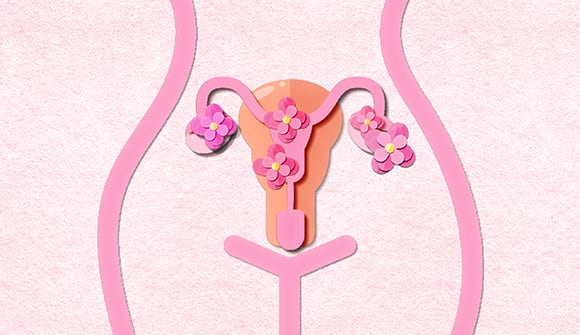The deal with gestational diabetes
Why some women only get diabetes while pregnant.
Article Author: Vikki Mioduszewski
Article Date:

Pregnant women go through many changes, some of which can cause blood sugar to get too high, putting both mom and baby at risk for problems. Gestational diabetes is diabetes that happens only during pregnancy. The diagnosis can be daunting, but gestational diabetes can be managed with the right care.
When will I know if I have gestational diabetes?
Most pregnant women will be tested for gestational diabetes between 24 and 28 weeks. During the test, the mom-to-be will be asked to drink a sugary solution and have her blood sugar levels tested about an hour later. This test helps determine how the body manages sugar and carbohydrates and will help doctors find out if a woman is at risk for gestational diabetes.
What are the risks?
If you have gestational diabetes, your baby may be born too early or have breathing problems. Babies born to mothers with gestational diabetes also have a higher chance of getting diabetes themselves or being overweight as kids. Expectant mothers with gestational diabetes have a higher risk of preeclampsia, a serious type of high blood pressure during pregnancy. Diabetes later in life is also a risk. As many as one in 20 pregnant women develop gestational diabetes.
What should I do if I have gestational diabetes?
Your doctor will create a plan to help you keep your blood sugar levels in a healthy range. You may be advised to:
- Follow special meal plans
- Exercise
- Keep weight gain within a suggested range
- Take insulin, if your doctor prescribes it
What happens after the baby is born?
Your care team will give you the next steps following the birth of your child. Generally, this includes checking your blood sugar several times after the baby is born (not every day), to make sure your blood sugar has returned to a non-diabetic range.
“Gestational diabetes is one of the most common complications of pregnancy,” said Laura Peter, DO, an obstetrician with Beaches OB/GYN and Baptist Medical Center Beaches. “With this condition, knowledge is power and women should know they can have a big impact on the disease progression. With appropriate guidance and management, sometimes simply with a healthy diet and exercise, the mother and baby can have improved pregnancy outcomes.
Are you looking for a provider who can help you manage gestational diabetes throughout your pregnancy? Call 904.202.4HER (4437) to find an OB/GYN. For more information about Baptist Health's Labor & Delivery services, visit baptistjax.com/baby.



